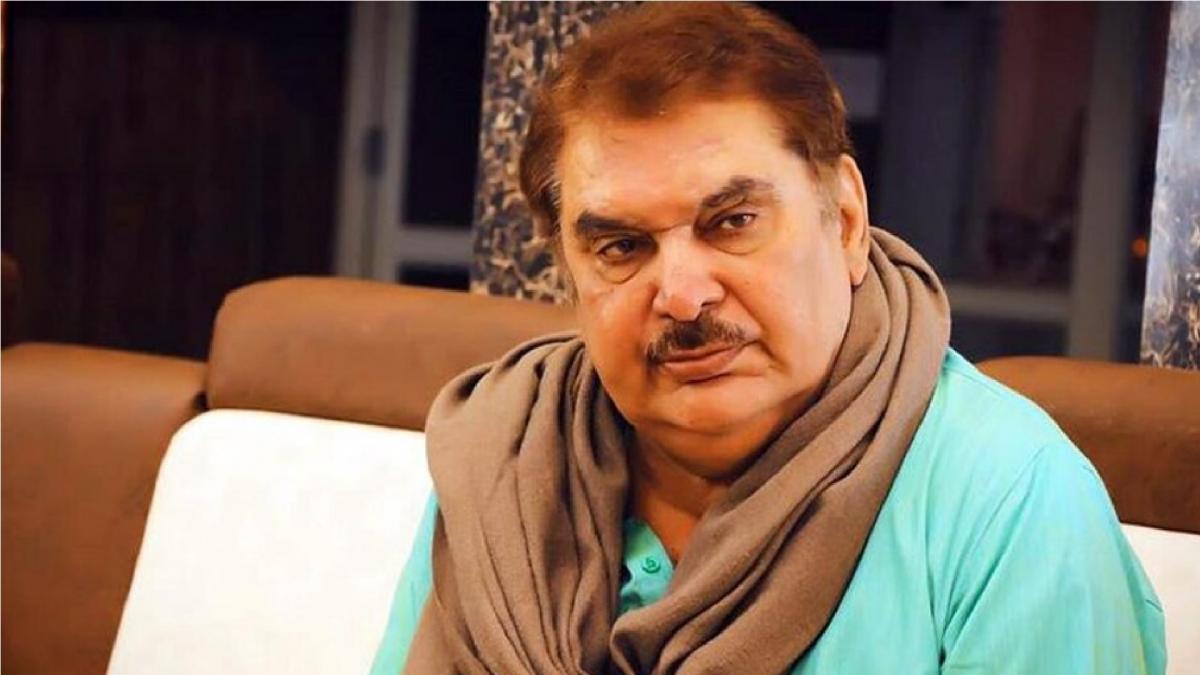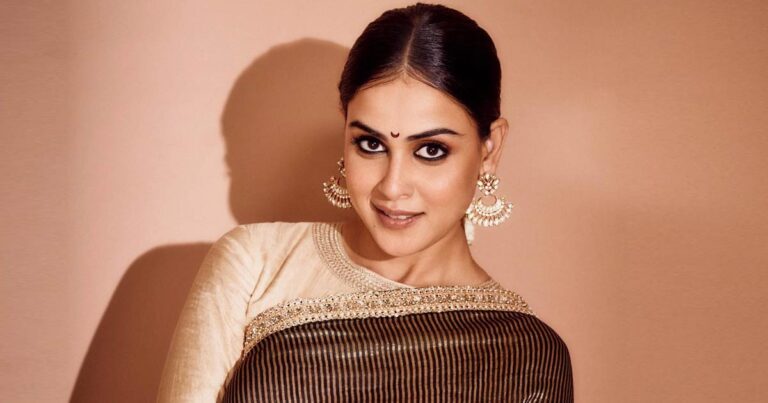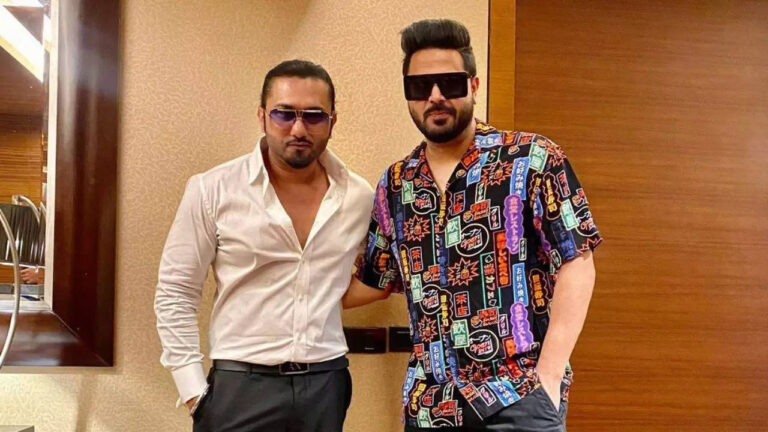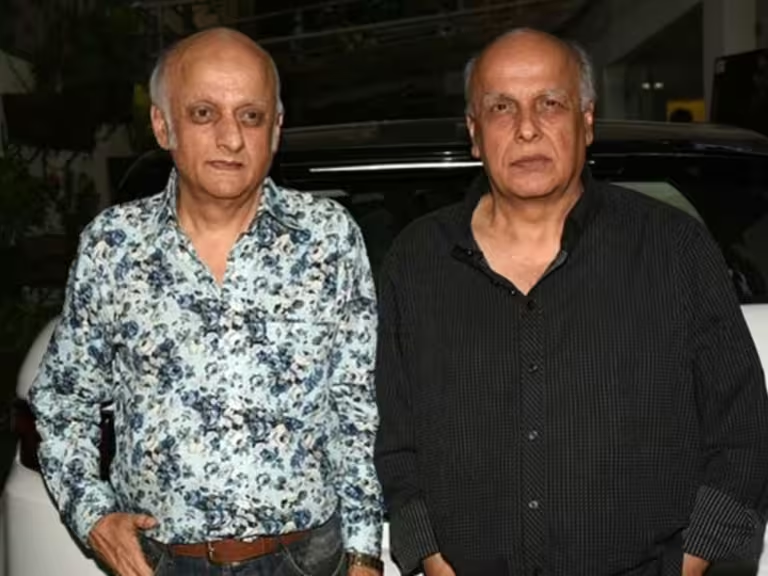Raza Murad: The Versatile Icon of Indian Cinema
Raza Murad is a name that resonates with power, intensity, and timeless charisma in Bollywood. Known for his unique voice, strong screen presence, and memorable roles, Murad has built a career spanning over five decades in Indian cinema. With a career filled with diverse characters, from villains to supporting heroes, his versatility has cemented him as one of the most respected actors in the industry. Murad’s contribution to Indian cinema goes beyond his on-screen performances, as he represents a generation of actors who brought gravitas and depth to the industry.
This article explores Raza Murad’s early life, his rise to fame, notable roles, and his impact on Bollywood.
Raza Murad : Early Life and Background
Family and Film Heritage
Raza Murad was born on November 23, 1950, in Rampur, Uttar Pradesh, into a family with a rich film heritage. He is the son of renowned Bollywood actor Murad, who had a successful career in the 1950s and 1960s, known for his roles in movies like Mother India and Mughal-e-Azam. Growing up in a film-oriented family, Raza was exposed to cinema and acting from a young age, which naturally influenced his career choice. This environment not only nurtured his interest in acting but also allowed him to learn about the industry from his father’s experiences.
Raza Murad’s early exposure to the world of cinema gave him a foundation that would later support his journey in Bollywood. His family’s background in the industry instilled a strong sense of discipline and respect for the craft, which he carries to this day.
Education and Training in Acting
After completing his early education, Raza Murad enrolled at the Film and Television Institute of India (FTII) in Pune, one of the most prestigious film schools in India. His time at FTII allowed him to formally study acting and develop his skills under the guidance of experienced mentors. He was part of a cohort that included several future stars, giving him a strong network and a comprehensive understanding of the film industry.
Raza’s training at FTII equipped him with the technical skills required for acting and refined his natural talent. It was here that he honed his voice modulation, diction, and the art of embodying different characters—qualities that would later make him a standout in the industry.
The Rise to Fame in Bollywood
Early Career and Initial Struggles
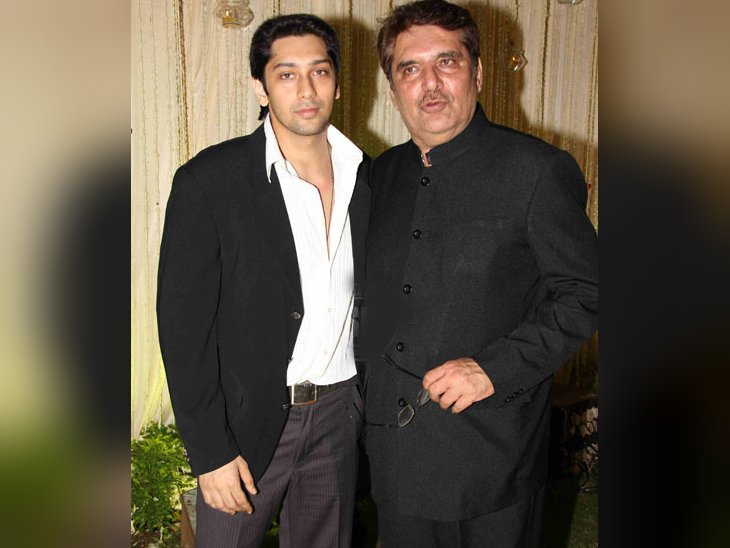
Raza Murad’s career in Bollywood began in the early 1970s, a time when Bollywood was undergoing a transformation with new storytelling techniques and a shift toward realistic portrayals. His early career saw him playing small roles in films like Ek Nazar (1972) and Zehreela Insaan (1974), where he began to make an impression with his intense acting and distinct voice.
While he struggled initially to establish himself, his unique screen presence and powerful dialogue delivery gradually caught the attention of filmmakers. His deep voice and imposing personality made him a natural fit for negative roles, which would soon become his forte. By the late 1970s, Murad had started gaining recognition and began to get cast in roles that allowed him to showcase his range.
Breakthrough with Prem Rog
Raza Murad’s major breakthrough came in 1982 with Raj Kapoor’s Prem Rog, a classic romance drama that tackled social issues like widow remarriage. Murad played the antagonist in the film, a role that established him as one of Bollywood’s most formidable villains. His portrayal of a narrow-minded, patriarchal character was intense and impactful, adding depth to the film’s narrative. His performance in Prem Rog earned him widespread acclaim, and he quickly became known as a dependable actor capable of delivering complex negative roles.
This role marked the beginning of his career as a powerful villain in Bollywood, a persona that would become his signature in the years to come.
Raza Murad : Notable Roles and Memorable Performances
Iconic Villainous Characters
Raza Murad’s towering screen presence and powerful voice made him a favorite choice for playing villains in Bollywood. Over the years, he delivered several iconic villainous roles that left a lasting impact on audiences. In films like Ram Teri Ganga Maili (1985), Tridev (1989), and Ram Lakhan (1989), Murad portrayed antagonists with a distinctive edge, bringing a mix of menace and sophistication to his characters.
In Ram Lakhan, Murad played the character of Bhishamber Nath, a corrupt businessman with a sinister agenda. His performance was lauded for its depth and intensity, as he effortlessly embodied the arrogance and ruthlessness of the character. Similarly, in Tridev, he played a negative role that added complexity to the film, contributing to its commercial success. His characters were memorable not only for their villainy but also for their layered personalities, a hallmark of Murad’s acting style.
Versatility in Supporting Roles
While Raza Murad is best known for his villainous roles, he also proved his versatility with a range of supporting roles. In films like Henna (1991), he played positive characters that showcased his ability to move beyond typecasting. His performance in Henna, directed by Randhir Kapoor, was praised for its subtlety and warmth, revealing another dimension of his acting prowess.
In Border (1997), a war film based on real events, Murad played a military officer, demonstrating his ability to adapt to different genres. His role added gravitas to the film, and his portrayal of loyalty and patriotism resonated with audiences. By choosing such diverse roles, Murad was able to expand his range as an actor, proving that he could excel beyond the confines of villainy.
Memorable Dialogues and Powerful Voice
One of Raza Murad’s most distinctive traits is his powerful, baritone voice, which has become his signature. His unique voice has made his dialogues memorable, and his ability to deliver lines with authority has added impact to his performances. His voice has been a defining feature in films like Prem Rog, Tridev, and Ram Lakhan, making his characters unforgettable.
Murad’s dialogue delivery has been so impactful that many of his lines have become iconic in Bollywood. His voice has given depth to his characters, allowing him to portray both villainy and strength in his roles. His mastery of diction and modulation has made him one of the most recognizable voices in Bollywood, and his dialogues continue to be celebrated by fans.
Raza Murad Influence on Indian Cinema and Legacy
Shaping the Bollywood Villain Archetype

Raza Murad’s career has had a lasting influence on the archetype of the Bollywood villain. His portrayals brought a sophistication and intensity to negative roles, setting a benchmark for future actors. He created characters that were not only menacing but also multi-dimensional, adding layers to the traditional Bollywood antagonist. His contribution helped redefine the villain archetype, inspiring future actors to explore complex portrayals in their roles.
Murad’s legacy lies in his ability to bring dignity to villainous roles, creating characters that were feared but also respected. His performances have become a reference point for actors who aspire to play strong negative roles, as he demonstrated that even villains can possess depth and intelligence.
Cultural Impact and Fan Following
Raza Murad’s influence goes beyond his performances, as he has become a cultural icon in Bollywood. His distinctive style and memorable roles have made him a favorite among fans, and he continues to be admired for his dedication to his craft. His characters have inspired numerous spoofs, imitations, and tributes, reflecting his impact on Indian popular culture.
Murad’s fan following extends across generations, as audiences appreciate his unique screen presence and iconic dialogue delivery. His contribution to Indian cinema is celebrated not only by fans but also by industry colleagues who recognize his influence on Bollywood’s narrative style.
Personal Life and Philanthropy
Family and Personal Interests
Despite his larger-than-life on-screen persona, Raza Murad is known to lead a grounded and simple life off-screen. He is close to his family, and he has maintained a strong connection with his roots. His humility and approachability have endeared him to his colleagues and fans alike, as he is known to be friendly and down-to-earth.
Beyond acting, Murad has expressed an interest in philanthropy and has been involved in various charitable activities. His contribution to social causes, especially those related to the film fraternity, has made him a respected figure in Bollywood. His commitment to giving back to society reflects his sense of responsibility and dedication to creating a positive impact.
Mentor to Young Actors
Throughout his career, Raza Murad has shared his experience and insights with aspiring actors, guiding them as they navigate the challenges of the industry. His willingness to mentor young talent reflects his generosity and respect for the craft of acting. Many actors have credited Murad for his advice and support, acknowledging his role in shaping their careers.
As a mentor, Murad’s influence has extended to the next generation, allowing him to leave a lasting legacy beyond his on-screen performances. His willingness to guide young actors reflects his commitment to preserving the integrity of Indian cinema and his belief in nurturing talent.
Conclusion: Raza Murad’s Enduring Legacy
Raza Murad’s journey in Bollywood is one of passion, dedication, and an unyielding commitment to his craft. From his early days as a newcomer to his rise as one of Bollywood’s most respected and memorable villains, Murad’s career has left an indelible mark on Indian cinema. His powerful voice, commanding screen presence, and unforgettable characters have made him a beloved and iconic figure, celebrated by fans and peers alike.
As Raza Murad continues to act and influence the industry, he remains a living legend, a testament to versatility, talent, and perseverance. His ability to seamlessly transition between villainous and supportive roles highlights his skill, and his iconic performances will forever be a part of Bollywood’s rich history. His journey, marked by groundbreaking performances and a commitment to artistic integrity, will undoubtedly inspire future generations of actors and cinema lovers for years to come.
